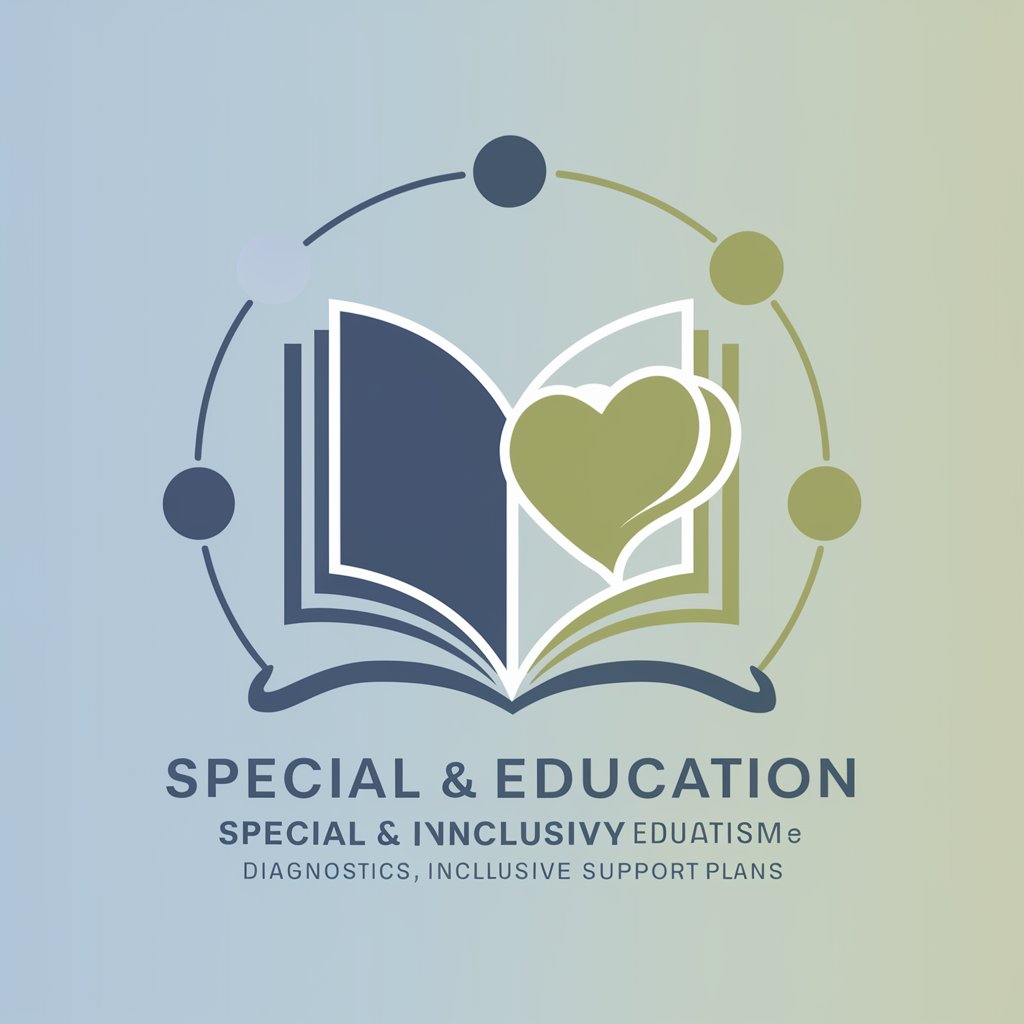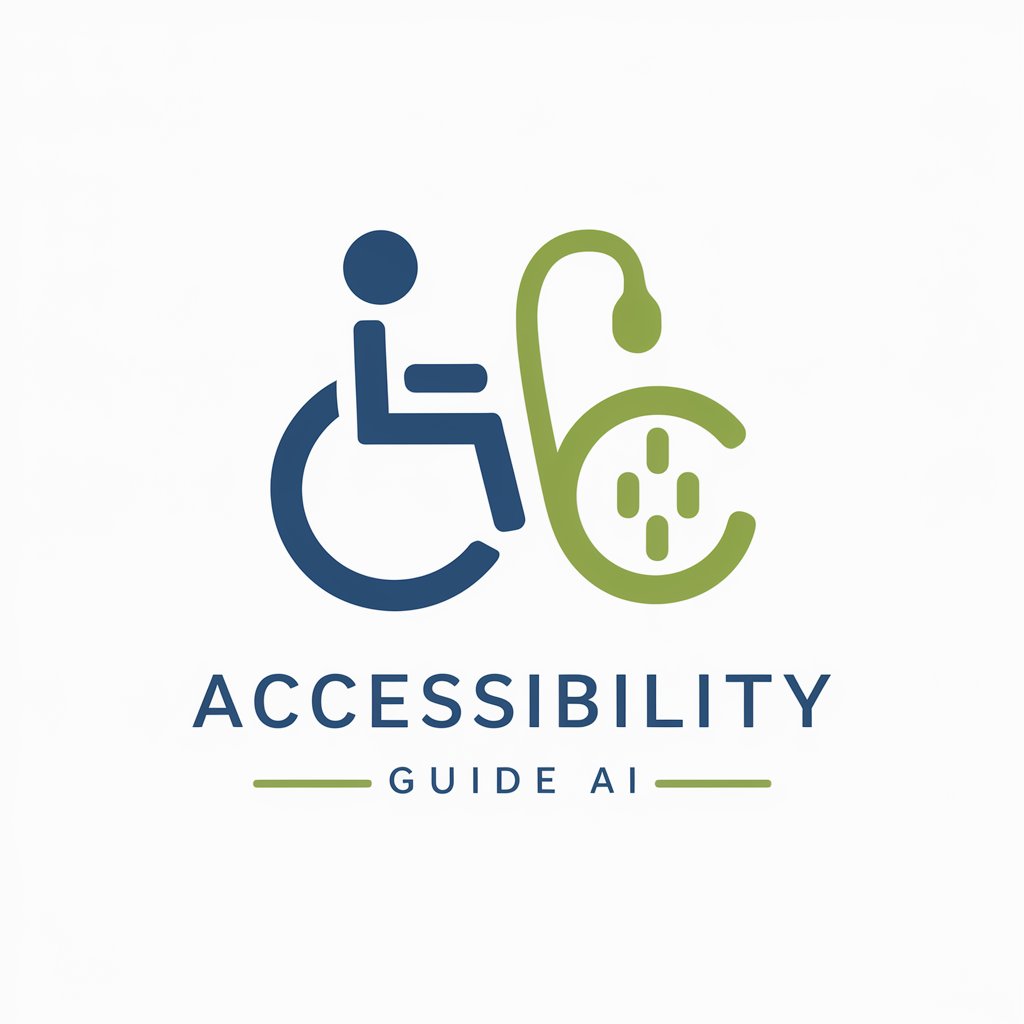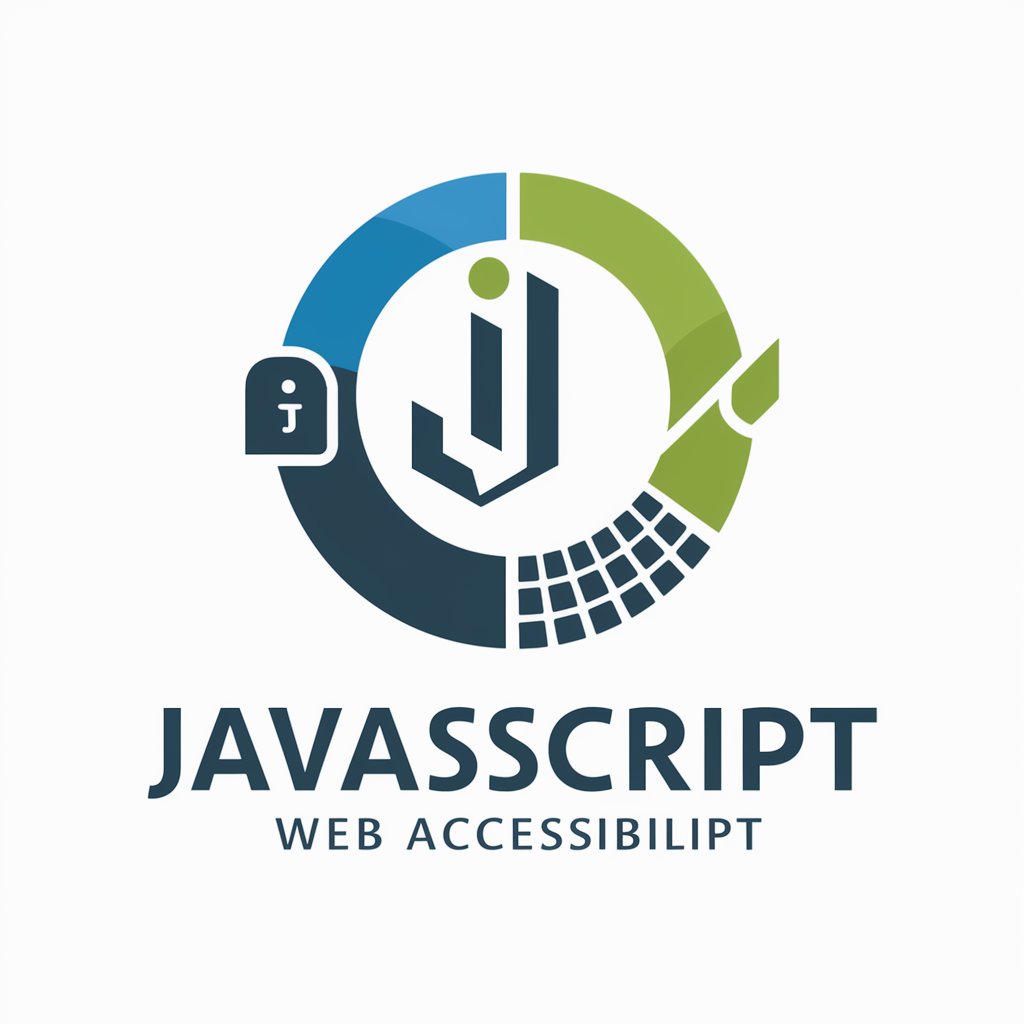7 GPTs for Assistive Technology Powered by AI for Free of 2025
AI GPTs for Assistive Technology refer to the application of Generative Pre-trained Transformers in creating tools and solutions tailored for enhancing accessibility and support for individuals with disabilities. These advanced AI models are trained on vast amounts of data, enabling them to understand and generate human-like text. In the context of Assistive Technology, GPTs are adapted to offer personalized assistance, improving digital accessibility, communication aids, and overall quality of life for users requiring special accommodations.
Top 7 GPTs for Assistive Technology are: Sonderpädagogik, Inklusion, Diagnostik,Teacher of the Blind,👩⚕️Your AI Occupational Therapist🛠️,Amara Beacon - Global Inclusion Navigator,Home Alone Helper,Accessibility Guide,JavaScript for Universal Web Accessibility
Sonderpädagogik, Inklusion, Diagnostik
Empowering Inclusive Education with AI

Teacher of the Blind
Empowering education for the visually impaired.

👩⚕️Your AI Occupational Therapist🛠️
Empowering Lives with AI-Powered Occupational Therapy

Amara Beacon - Global Inclusion Navigator
Empowering Inclusion with AI

Home Alone Helper
Empowering Independence with AI

Accessibility Guide
Empowering inclusivity through AI

JavaScript for Universal Web Accessibility
Empowering Accessible Web Experiences with AI

Key Attributes of AI GPTs in Assistive Tech
AI GPTs for Assistive Technology stand out due to their adaptability and multifunctionality. They can be customized for various assistive tasks, from voice-to-text conversion for those with motor impairments to providing contextual assistance for cognitive disabilities. Special features include natural language understanding, real-time language translation, personalized learning algorithms, and the ability to integrate with assistive devices, making technology more accessible and inclusive.
Who Benefits from AI GPTs in Assistive Technology
The primary beneficiaries of AI GPTs in Assistive Technology are individuals with disabilities, educators, therapists, and developers working in the accessibility domain. These tools are designed to be user-friendly for those without programming skills, offering intuitive interfaces and pre-built functions. Simultaneously, they cater to tech-savvy users by allowing extensive customization and integration into existing tech ecosystems, broadening their applicability.
Try Our other AI GPTs tools for Free
Global Inclusion
Discover how AI GPTs for Global Inclusion are making digital spaces more accessible and relevant across cultures and languages, promoting inclusivity and equality worldwide.
Universal Design
Explore AI GPTs for Universal Design: Cutting-edge tools designed to enhance accessibility and inclusivity across various domains, making the principles of Universal Design more accessible to all.
Dog Breeds
Discover the innovative AI GPT tools for Dog Breeds, designed to enhance understanding and care for various dog breeds through tailored information and features.
Lifestyle Fit
Discover how AI GPTs for Lifestyle Fit can transform your daily life with personalized insights and recommendations tailored to your unique goals and preferences.
Mystical Learning
Discover AI GPTs for Mystical Learning: your gateway to exploring the depths of spirituality and esoteric knowledge with advanced AI technology.
Property Buying
Discover how AI GPTs for Property Buying are revolutionizing real estate with personalized advice, market analysis, and tailored property recommendations, all through an intuitive AI interface.
Further Perspectives on AI GPTs in Assistive Applications
AI GPTs in Assistive Technology not only offer immediate functional benefits but also pave the way for innovative solutions that could redefine accessibility. Their ability to learn and adapt to individual user needs, coupled with user-friendly interfaces, makes them a powerful tool in creating more inclusive digital environments. Moreover, their integration capabilities suggest a future where assistive technologies are seamlessly woven into everyday digital interactions, making technology truly accessible to everyone.
Frequently Asked Questions
What is AI GPT in the context of Assistive Technology?
AI GPT in Assistive Technology refers to the use of advanced AI models to create personalized, adaptive tools that enhance accessibility and support for individuals with disabilities, facilitating better communication, learning, and interaction with digital content.
How do AI GPTs enhance accessibility?
AI GPTs enhance accessibility by understanding and generating natural language, offering real-time translations, voice-to-text capabilities, and personalized support, thus breaking down communication barriers and making digital content more accessible.
Can non-technical users benefit from AI GPTs in Assistive Technology?
Yes, AI GPTs are designed with user-friendly interfaces that non-technical users can easily navigate, providing accessible tools and functions without the need for programming knowledge.
How customizable are AI GPTs for Assistive Technology?
AI GPTs offer a high degree of customization, allowing developers and tech-savvy users to tailor functionalities to specific needs, integrate with existing systems, and develop new assistive solutions.
What types of disabilities can AI GPTs assist with?
AI GPTs can assist with a wide range of disabilities, including but not limited to motor impairments, visual and hearing impairments, cognitive disabilities, and learning disorders, offering tailored support and enhancing digital interactions.
Are AI GPT tools for Assistive Technology widely available?
AI GPT tools for Assistive Technology are increasingly available through various platforms and services, with ongoing developments aimed at improving accessibility and inclusivity in digital spaces.
Can AI GPTs integrate with existing assistive devices?
Yes, AI GPTs can be integrated with existing assistive devices and technologies, enhancing their functionality and providing more seamless, intuitive user experiences.
What future developments can be expected in AI GPTs for Assistive Technology?
Future developments in AI GPTs for Assistive Technology may include more advanced natural language processing, better contextual understanding, improved personalization, and wider integration with emerging technologies, further enhancing accessibility and support.